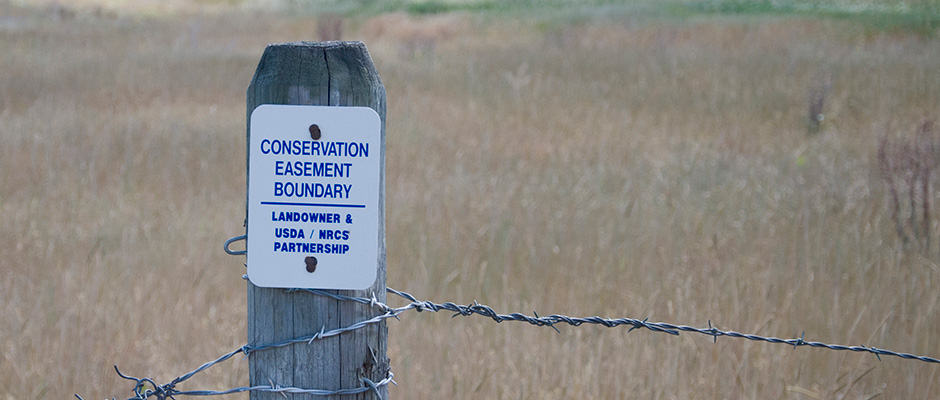Share this article
TWS Submits Testimony to Agriculture Appropriations
As part of the continuing appropriations process, TWS submitted written testimony to the Senate and House Appropriations Subcommittees on Agriculture, Rural Development, Food and Drug Administration, and Related Agencies. Similar to the testimony submitted to the House and Senate Subcommittees on Interior, Environment, and Related Agencies, TWS recommended funding levels based on previous years’ funding levels, the President’s budget request, and TWS’s own assessment of program needs.
“Agricultural landscapes can pose challenges to wildlife management due to continuing fragmentation of land ownership, urbanization, and human impacts on natural resources, but they also offer huge potential to benefit wildlife,” says Laura Bies, Director of Government Affairs and Partnerships at TWS. “Programs implemented by the Department of Agriculture can provide valuable assistance in meeting conservation goals, including conserving land, addressing water quality and quantity issues, and mitigating the effects of climate change to fish and wildlife habitats within the landscape.”
TWS submitted testimony recommending funding levels for programs implemented by the Animal and Plant Health Inspection Service (APHIS), National Institute of Food and Agriculture (NIFA), Natural Resource Conservation Service (NRCS), and the Farm Service Agency (FSA).
Compared to Fiscal Year 2015, the President’s budget request appropriated lower levels of funding APHIS’s Wildlife Services program as well Wildlife Damage Management within it. TWS emphasized the importance of matching last fiscal year’s funding levels in order to maximize APHIS’s ability to manage wildlife damage to agriculture, aquaculture, forest, rangeland, and other natural resources. TWS was supportive of funding for the national feral swine control program implemented by Wildlife Services, which empowers APHIS and states to work cooperatively to combat feral swine issues.
Both the Renewable Resources Extension Act (RREA) and McIntire-Stennis Cooperative Forestry Program focus on education with funds apportioned to states. RREA funds assist in establishing partnerships to provide extension programs for private landowners, while the McIntire-Stennis program funds forestry research and the training of future forestry scientists.
The NRCS and FSA both implement Farm Bill programs aimed at addressing conservation needs including conserving fish and wildlife habitat within agricultural landscapes. TWS recommended that Farm Bill conservation programs be funded at levels mandated in the 2014 Farm Bill and that Technical Assistance, which supports the implementation of Farm Bill conservation programs, be funded at the levels included in the President’s request.
“Submitting testimony is an important part of the appropriations process,” says Bies. “TWS plays a vital role in advocating for programs that contribute to the advancement of wildlife professionals and ensure the science-based management of the nation’s natural resources.”
Header Image: Image Credit: U.S. Department of Agriculture








